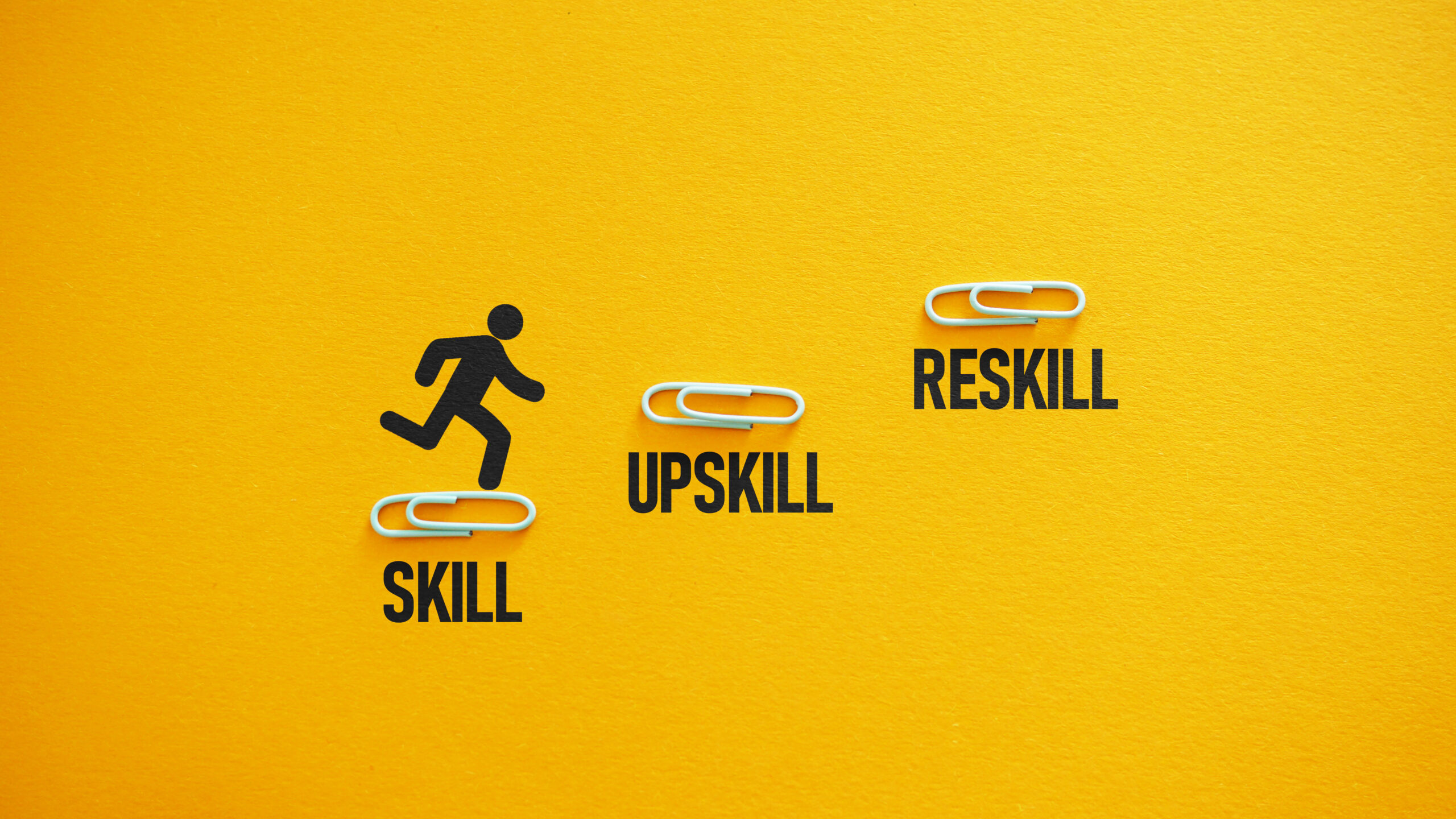The further education and skills sector needs to take control of its own destiny if it is to capitalise on the fundamental changes facing the sector, warn industry leaders.
The report calls a new optimistic outlook to.Credit: Fotolia
A new collection of essays published this week by the Royal Society for the Encouragement of Arts (RSA) in collaboration with the Further Education Trust for Leadership (FETL).
More News
Britain to help 175,000 girls in world’s poorest countries get an education
Apprenticeships have an image problem among young people
MPs support increased access for training providers into schools
Minecraft video game to build next generation of construction workers
‘Possibility Thinking’, offers a provocation to the sector in this new era of devolved skills policy, college mergers and rapid apprenticeship growth. Successive waves of change in further education and skills have stopped the sector from driving its own self-improvement, even though it has developed its adaptability.
The report calls for greater self-belief; assertive and creative leadership; and a new optimistic outlook to imagine new possibilities for the sector and its role within communities.
Commenting on the report, RSA Director of Creative Learning and Development, Julian Astle said: “The FE and skills sector has long had to show resilience and adaptiveness to successive waves of change, but the result is a system that’s often confusing to policy makers, employers and the public.
“The sector needs to redefine itself as a dynamic, entrepreneurial, innovative force for regional development, learner engagement and civic pride. We aren’t presenting a blueprint here, but a series of provocations to the sector to take up the reins for change.”
Dame Ruth Silver, President of the Further Education Trust for Learning said: “I want to see further education firmly on the front foot, not only prepared to change, as we have always been, but driving that change forward. Localism, skills devolution, technology, even the area review process, for all its faults – are opportunities to develop this agenda.
“The collection highlights the need for further education and skills to be bold and daring, self-confident and collaborative; to act as agitators for change rather than its frequently anguished object.”


